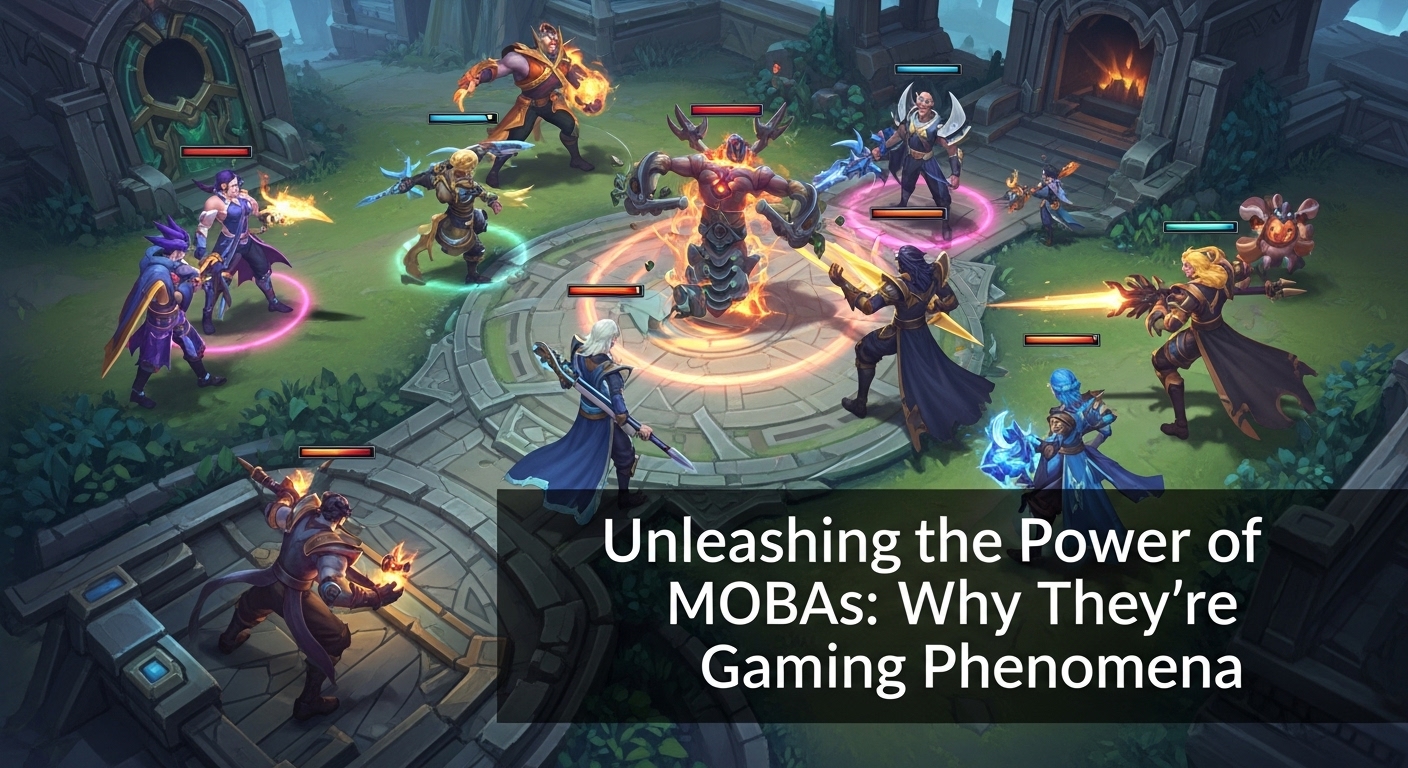First-person shooter games, widely known as FPS, have been around for decades. For gaming enthusiasts, this genre offers something uniquely thrilling. The sense of being immersed in a game from a first-person perspective, wielding weapons, and confronting various challenges is unmatched. But what really makes FPS games stand out in the gaming world? Let’s dive in.
The Evolution of FPS Games
Going back to the roots, FPS games began their journey in the early 90s. Classics like Doom and Wolfenstein 3D laid the foundation. Their pixelated graphics and simple mechanics seem quaint now, but back then, they were revolutionary. The genre has evolved significantly with advancements in technology. Graphics, storylines, gameplay mechanics—everything has reached new heights.
The Rise of Multiplayer FPS
Single-player modes are great, but multiplayer really changed the game. The thrill of competing against real players? Priceless. Titles like Counter-Strike and Call of Duty became household names. These games aren’t just about point-and-shoot; they demand strategy, teamwork, and quick reflexes. If you want to delve deeper into the world of competitive matches, this resource offers some great insights.
Technological Advancements
Let’s not forget the tech side. The evolution of graphics engines has allowed FPS games to offer hyper-realistic environments and characters. VR technology has further enhanced this, giving players more immersive experiences. Ever tried shooting in VR? It’s a game-changer. With increasing processing power and better graphics cards, the line between reality and gaming continues to blur.
Why FPS Games Are So Popular
Why do millions of gamers flock to FPS games? It’s simple: adrenaline. The fast-paced action, the constant threat lurking around every corner—it’s addictive. Plus, these games often feature intricate storylines that draw players in. Many FPS games also offer a sense of community. Through team games or online forums, players connect and share strategies. They become part of something bigger.
Competitive Scene
If you’re wondering about the competitive scene, it’s huge. Esports tournaments featuring FPS games attract large audiences and offer significant prize pools. Players train vigorously, honing their skills to compete at these high-stakes events. It’s not just about the game; it’s a lifestyle for many. Want to know more about the growing esports industry? Check out this BBC article for some fascinating insights.
Community and Social Interaction
FPS games are also social. Gamers interact through voice chats, forums, and live streams. Platforms like Twitch and YouTube Gaming have made it easier for fans to connect with their favorite players. These communities are vibrant, often leading to lifelong friendships. So, whether you’re strategizing for a team match or just hanging out in a game lobby, there’s always someone to interact with.
Popular FPS Titles and Their Impact
Several FPS games have left a lasting imprint on the gaming world. Titles like Overwatch, Fortnite, and Battlefield each brought something unique to the table. They’ve not only set standards but have also influenced other genres.
Iconic Game Mechanics
Some games redefined what FPS could be. Take Portal, for instance. It’s technically a puzzle game, but its first-person perspective and innovative mechanics gave it a unique FPS vibe. Then there’s Titanfall with its parkour movements and mechs. Games like these push boundaries, offering fresh takes on traditional FPS elements.
Table of Notable FPS Games
| Game Title | Release Year | Notable Feature |
|---|---|---|
| Doom | 1993 | First true FPS experience |
| Counter-Strike | 2000 | Team-based multiplayer |
| Overwatch | 2016 | Hero-based shooting |
Challenges in the FPS Genre
Not all is rosy in the world of FPS. Like any genre, it faces its share of challenges. Over-saturation is a big one. With countless games entering the market, standing out is tough. Then there’s the issue of balancing. Ensuring weapons and abilities are balanced in a multiplayer setting isn’t easy. Game developers constantly tweak and patch games to keep things fair and fun.
Content Moderation and Toxicity
Another significant challenge is dealing with toxic behavior in online communities. It’s a problem that’s prevalent in many multiplayer games. Developers have implemented reporting systems and chat moderation tools to combat this, but the issue persists. Creating a positive gaming environment requires constant effort from both developers and players.
Keeping Players Engaged
Retaining player interest over time is crucial. Games need regular updates, new content, and fresh challenges to keep players coming back. Seasonal events, new maps, and exclusive skins are just some strategies developers use. Still, there’s a fine line between drawing players back and overwhelming them with content.
The Future of FPS Games
The future looks bright for FPS games. With tech advancing rapidly, who knows what we’ll see next. AI and machine learning could introduce smarter opponents. Advanced VR could make FPS even more immersive. And with cloud gaming on the rise, accessibility might reach new levels. Exciting times ahead, no doubt.
As we wrap up this little journey through the FPS universe, remember: it’s more than just games. It’s about shared experiences, challenges, and above all, fun. So whether you’re a veteran player or a curious newbie, there’s always something new to discover. Maybe next time, give a new FPS title a try. Who knows? You might just find your new favorite.
FAQs
- What is the appeal of FPS games?
They’re thrilling and fast-paced. The feeling of immersion and the challenge of quick reflexes make them popular.
- Are there any FPS games suitable for beginners?
Definitely! Games like Overwatch have modes perfect for newbies. Plus, many have tutorials to ease you in.
- Is VR the future of FPS games?
It could be one future. VR offers incredible immersion, but not everyone has access to VR tech yet.
- Can FPS games be educational?
Surprisingly, yes! They can improve hand-eye coordination, reflexes, and even strategic thinking.
- Why do some people find FPS games violent?
Well, they often involve combat and weapons. But context matters, and many focus more on strategy than violence.



